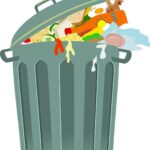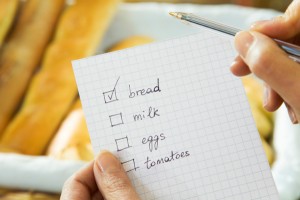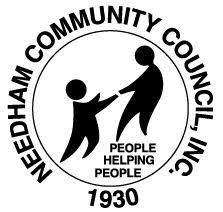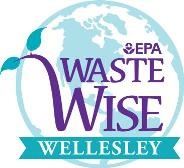Reduce Food Waste in Your Home
 Every year, Americans waste about 120 billion pounds of food, and about half of that waste happens at home. The average family of four spends about $1500 a year on food that doesn’t get eaten!
Every year, Americans waste about 120 billion pounds of food, and about half of that waste happens at home. The average family of four spends about $1500 a year on food that doesn’t get eaten!
Production of all that uneaten food consumes precious resources and contributes to global warming. When food is wasted, the land, water, energy, and other inputs that are used to produce, process, transport, prepare, and store the food are also wasted.
It’s not hard to do better! Here are some easy ways to cut your own food waste — and please remember to support the local “food heroes” who are getting food to those in need.
Take a look! The U.S. Food and Drug Administration (FDA) has created short animated videos that can help you take action to reduce food waste.
Understand Best by/Use by/Sell by dates.
A major cause of food waste is confusion over these date labels. They are used by manufacturers to measure the quality of their product and are not a measure of food safety. For more information go to the FDA’s animated video on Understanding Date Labels on Food Packages. See also: www.stilltasty.com/articles/view/5
Before you leave home to shop:
- Plan menus
- Check your calendar to see what meals you’ll actually need & have time to cook
- Know what you have on hand, so you won’t buy duplicates
- Check for leftovers you can repurpose
- Make a list
At the store:
- Don’t shop when you are hungry

- Stick to your list
- Buy the amount you need. Larger sizes might cost less per unit, but not if you’ll throw out what spoils before you can use it
- Beware of Buy one, Get one free–It’s not a bargain if you waste some of it.
Food handling at home:
- Know the best methods of storing perishables. Precut and store-prepared foods spoil more quickly. Buy only what you’ll use up within a day or two
- Try not to overstuff your refrigerator. Keep food visible, especially perishable items
- Save and use leftovers. Repurpose for another meal or freeze for later use
- Have a special place or box in your fridge for food that must be eaten soon

- Use clear food storage containers and label them with contents and date
- Don’t forget to freeze food if you think you won’t eat it before spoiling
Unavoidable waste — Use it well!
Some waste is unavoidable, but it is a resource that can be used to create rich compost, or even electricity! For food that is beyond rescue, consider home composting or alternatives to home composting.
Resources
Documents
- 3R Food Waste 12/08/15 event information
- Food Waste Educational and Informational Programs
- Needham RTS Food Waste Recycling Program
Resources on the Web
|
"Food Heros" - Boston-area organizations working on food rescue
Living Green page on food rescue organizations | |
|
EPA's food waste prevention tips
Community food waste prevention toolkit. Check out ugly fruit and vege campaign | |

|
Food Pantry at the Needham Community Council
Help provide food for those in need by donating or volunteering at the Needham Community Council's food pantry |

|
Green Needham’s Reducing Food Waste program
Green Needham’s 10/22/15 program, "Too Good to Waste: Creative Solutions to Reducing Food Waste" |
|
Love Hate Waste
UK’s campaign to end food waste. Excellent tips. | |
|
Lunch Skins - reusable lunch bags
Some Lunchskins products are available at Container Store, Target, and Amazon | |

|
RecyclingWorks Massachusetts
RecyclingWorks in Massachusetts is a recycling assistance program designed to help businesses and institutions maximize recycling, reuse, and composting opportunities. |
|
Still Tasty - Your Ultimate Shelf Life Guide
Keep it or toss it? How long do specific foods last; storage tips for fridge and freezer. | |
|
Sustainable America
A project of Sustainable America. Check out their “Resources” link | |
|
U.S. Food & Drug Administration Website on Food Waste
U.S. Food & Drug Administration Website on Food Waste | |

|
WasteWise Wellesley
Town of Wellesley’s 3R (Reduce, Reuse, Recycle) Working Group's information on food waste reduction projects. |
Books and Videos
- Gunders, Dana. Waste Free Kitchen Handbook, Chronicle Books
- Bloom, Jonathan. American Wasteland, DaCapo Books
- You Tube: Last Week Tonight with John Oliver: Food Waste (HBO) and other videos

